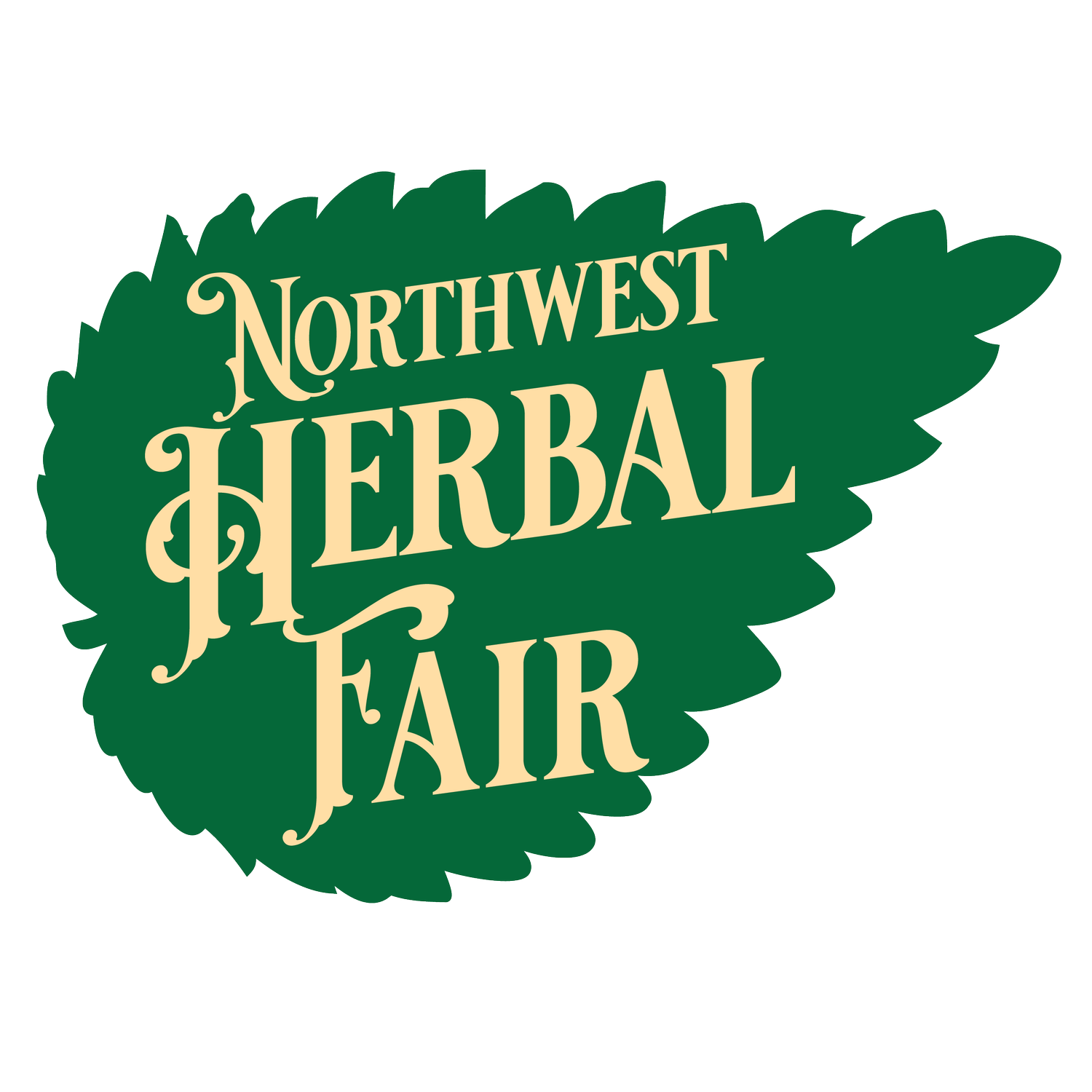
Diversity Statement
The NWHF is being held on the traditional, ancestral, and unceded lands of the Coast Salish tribes which frequented the area. The Dabop, Quilcene, Chemacum, Twana, S’Klallam, Dosewallips, Duckabush, Skoko'bsh, Ctqwelgweli, Tahuya, Suquamish, and Tul-e'lalap peoples.
We honor Coast Salish ancestors for the tender care they provided to these lands and seas and which current Salish generations continue to provide. We acknowledge the painful history that remains. Non-native people who live here should give all due respect to Native First People, and look for opportunities to assist them and for reconciliation.
Our Comittment
The NWHF centers around all people with an interest in herbal medicine.
We are always working to create a more diverse, equitable and inclusive environment for attendees. We actively work to include all races, religions, sexual orientations, genders, ages, and abilities. We are firmly committed to anti-oppression and social justice work. Northwest Herbal Fair participants have typically been about 90% Caucasian. We are working to change this and welcome feedback and ideas.
Some of the ways we encourage diversity are:
The Northwest Herbal Fair offers free admission for all Coast Salish people.
Half-price admission for other indigenous people, people of color, and Latinx people.
Need Based Scholarships are available. Please apply here
We do this in recognition that these peoples and cultures have been subjected to many injustices by colonial Western European countries and the United States. We offer reduced admission as part of reconciliation and reparations.
Herbal Knowledge Is Diverse
We acknowledge that the herbal knowledge we use here in the USA has its root in many cultures. Much herbal knowledge comes from Native American, African, Middle Eastern, Asian sources, as well as from Europe. The USA is a melting pot of this knowledge, from around the world. Because of this, it is good to research and give due recognition to sources!
At the 2021 NWHF a POC only caucus was held Saturday afternoon. It was well attended with between 40 and 50 people. We propose such a caucus be held at the 2024 NWHF.
While some herbalists follow one particular tradition, most herbal people today draw on knowledge and herbs from multiple cultures. The goal of all herbalists is to help maintain the health of the people they serve. The goal of the NWHF is to create a space where herbal people can exchange knowledge and ideas so that we can all learn and grow and serve our people better. We respect that many people have herbal information that they keep within their family and culture.
Herbal people from all cultures can learn from each other. We all have something to contribute.
This statement is the personal viewpoint of Michael Pilarski written from my current stage of understanding. Any faults are mine alone. Feedback welcomed: friendsofthetrees@yahoo.com This is a living document, and further revisions may be made.
RECENT UPDATE
A message from Michael Pilarski about the Northwest Herbal Fair’s diversity policy.
Many of you know that I have put on dozens of events over the years. It is common for me to offer BIPOC discounts and/or free admission to Native Americans. I do this in response to past (and present) injustices that people of color are subjected to by our dominant white society. Occasionally I get complaints that I am being racist for this policy. Everyone is entitled to their opinions but this policy is my decision. The vast majority of our attendees are fine with our policy on this matter. We will not tolerate persons hassling our diverse presenters, participants or staff about this. People who do so at the event will be asked to leave. People who do this publicly before the event or write demeaning letters to our presenters will be banned from attending. We want to create a respectful, loving, safe environment for all who attend.
Best wishes to all. ~ Michael Pilarski
More Information
The ancestors of today’s Coast Salish people were living here during the last ice age. They were here when the ice melted and have been interfacing with its ecology ever since. So there has never been a pre-human “wilderness” in the Salish Sea region (since the last ice age). What the Europeans found were cultural ecosystems. Humans woven into the ecology. The ecosystems the Europeans found here were magnificent, abundant and rich. The result of millennia of human stewardship. The Coast Salish cultures the first European explorers encountered were highly advanced. Alas, European diseases decimated their populations before the colonial settlers even arrived. Making it easy for the settlers to take the land by force.
One big change the Europeans brought early on was the massive trade in sea otter pelts in the 1700s and 1800s. The sea otters which once extended continuously along the North Pacific Rim were reduced to a few small remnant colonies. As a result of almost exterminating sea otters (which ate sea urchins), the sea urchin population exploded which resulted in overgrazing the ocean floor and loss of much of the seaweed populations (sea urchin barrens). That one change disrupted and impoverished the near-shore marine ecosystems. We still need to restore the damage.
Washington State Ethnicity
Here is the racial mix of Washington State according to the 2023 Census statistics. The % mix of the entire Pacific Northwest will be a little different.
Caucasian, 65.1%
Hispanic or Latino, 14%
Asian, 10.5%
Black or African America, 4.6%
American Indian and Alaska Native, 2.0%
Native Hawaiian and other Pacific Islander, .8%
Two or more races, 5.3%
* These are official statistics so the % Caucasian is probably somewhat less.
Most people in cultural groups tend to stay focused in their community and language group and are not interested in events like the NWHF. Some people are interested but it is uncomfortable for them to be at such a white event. In 2021 a POC only space was created at the NWHF so they had their own space. This year we will provide a larger and more private space.
